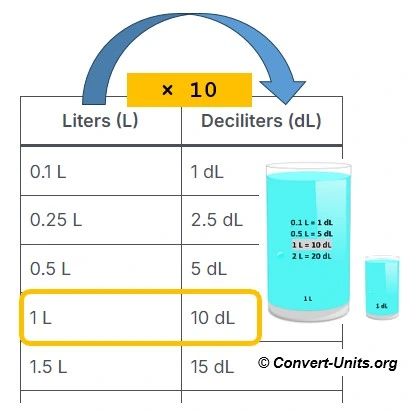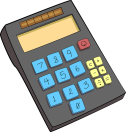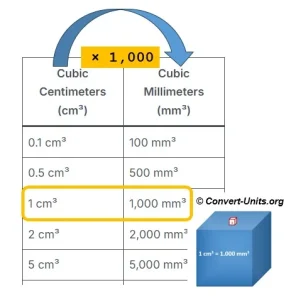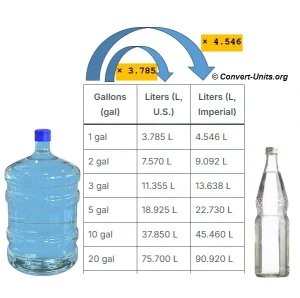
L to dL Conversion Calculator
Click on the following link if you want to convert deciliters to liters – dL to L
History
The liter (L) was introduced in France at the end of the 18th century as part of the metric system, designed to make measurements simple and uniform.
Later, smaller subunits such as the deciliter (dL) were added to help measure smaller volumes more conveniently.
The name comes from the Latin prefix deci- meaning “one-tenth”.
That means one deciliter is one-tenth of a liter, or 1 L = 10 dL.
Common Usage
- Liters (L) are used for larger quantities like water, milk, or fuel.
- Deciliters (dL) are used for smaller portions, especially in cooking, beverages, and nutrition labels.
For example, a glass of juice (250 mL) equals 2.5 dL, or 0.25 L.
Liters to Deciliters Conversion
The relationship is direct and easy:
dL = L × 10
Example:
Convert 3 liters to deciliters.
3 × 10 = 30 dL
So, 3 liters equal 30 deciliters.
Conversion Table
| Liters (L) | Deciliters (dL) |
|---|---|
| 0.1 L | 1 dL |
| 0.25 L | 2.5 dL |
| 0.5 L | 5 dL |
| 1 L | 10 dL |
| 1.5 L | 15 dL |
| 2 L | 20 dL |
| 3 L | 30 dL |
| 5 L | 50 dL |
| 10 L | 100 dL |
| 20 L | 200 dL |
Interesting Facts
- The prefix “deci” means one-tenth, the same as in “decimeter” or “decigram”.
- A standard drinking glass often holds about 2 dL of liquid.
- In nutrition labels, beverages sometimes list both liters and deciliters to make serving sizes clearer.
Frequently Asked Questions
1. How many deciliters are in one liter?
There are 10 deciliters in 1 liter.
2. How can I quickly convert liters to deciliters?
Multiply the number of liters by 10.
3. Where are deciliters commonly used?
In recipes, drinks, and food packaging — especially in Europe.
4. What’s larger, 1 dL or 1 L?
1 liter is larger; it equals 10 dL.
5. Are deciliters used worldwide?
Mostly in Europe. Some countries, like the U.S., prefer milliliters or cups instead.



